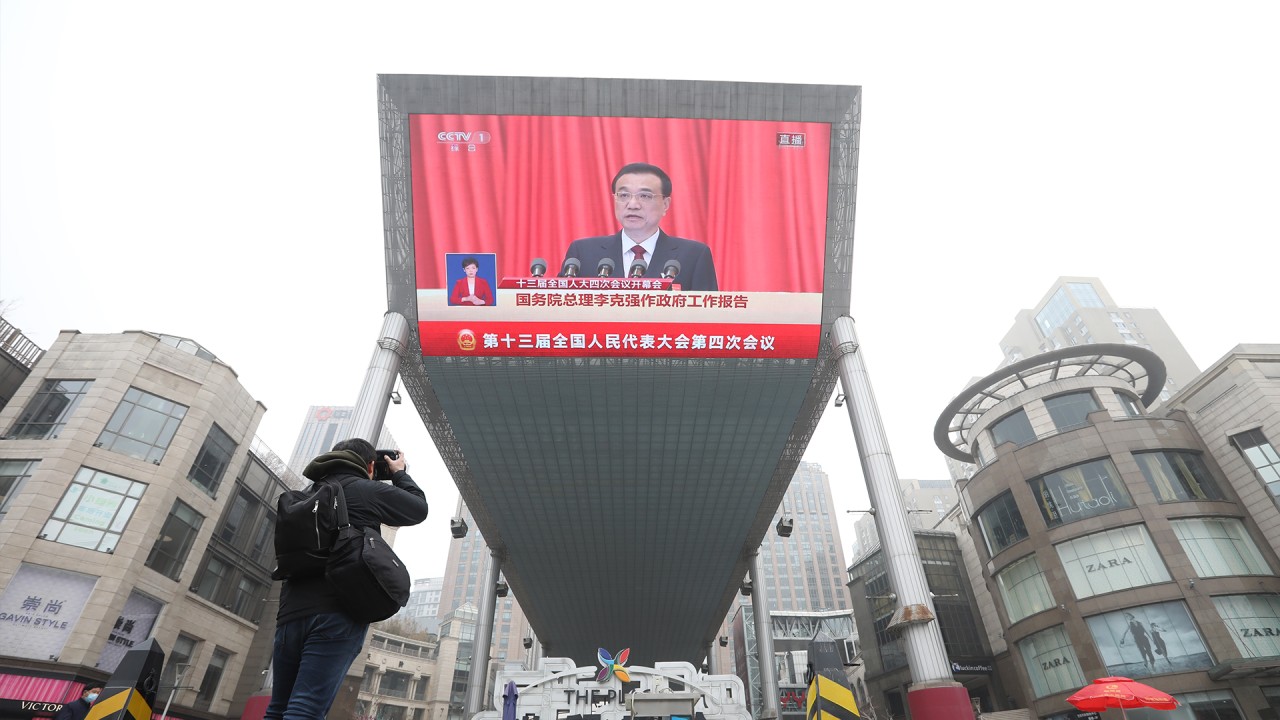
How NPC policymakers can restore confidence in China’s economy and markets
- Current stimulus measures are insufficient to boost long-term loans and investment in the real economy amid low private-sector confidence
- More accommodative monetary policy and greater regulatory transparency could go a long way to improving investor sentiment
Moreover, to restore confidence of the private sector and investors, top policymakers may take this opportunity to better communicate their long-term reform plans.
An annual growth rate above 5 per cent is close to China’s long-term potential, and is also a critical level for creating sufficient employment. A moderate and flexible target is also helpful in preventing excessive stimulus and aggressive debt being accumulated by local governments.
However, given that private-sector confidence remains depressed, the current monetary stimulus seems insufficient to boost long-term loans and investment in the real economy. Therefore, hints at continuous monetary easing, particularly reducing financing costs, are expected to feature in the government work report.
Meanwhile, better coordination between monetary policy and, for example, fiscal and property market policies, should be emphasised to stimulate investment activities. In comparison with monetary policy, fiscal measures might have a more direct impact as growth drivers in the first half of this year.
Tax reductions and fee cuts might be put forward as major fiscal policy tools to support the private sector, particularly small and medium-sized enterprises. Meanwhile, local governments’ bond issuance quotas could be raised to provide funds for infrastructure investment.
To support fiscal expansion, the central government will be more tolerant of the transitory rise in the country’s deficit. The NPC might approve a fiscal deficit-to-GDP ratio at 3.2 per cent for 2022, the same level as for 2021 but still higher than the historical average.
Although these short-term stabilisation measures will draw the most eyeballs during the NPC, it is worth noting that Chinese policymakers will also seize the opportunity to communicate their long-term reform plans.
Moreover, policymakers may also look to further clarify targets and approaches for the slew of reforms launched in 2021, given that this has led to confusion among private businesses and low confidence about investment.
For investors, the NPC will be a good time to re-evaluate China’s economic policy and reset their plans. The short-term stimulus measures could boost sentiment and reverse the weakness of Chinese stocks. Meanwhile, the reform and development plans will be key to providing clearer guidance for the longer term.
Chaoping Zhu is a Shanghai-based global market strategist at JP Morgan Asset Management


